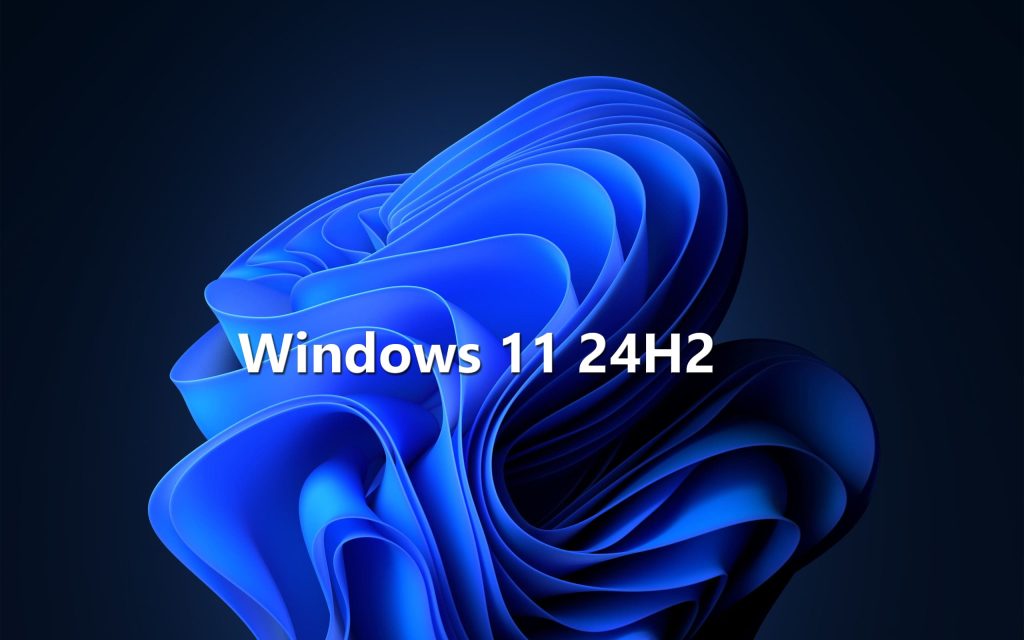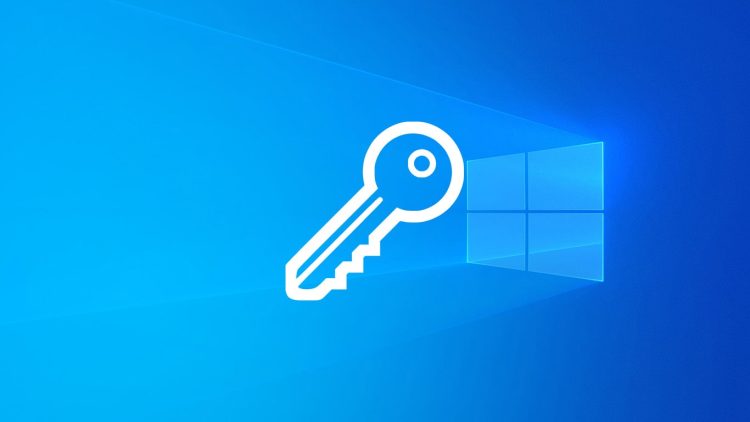Great Discount Digital Key Marketplaces (GDDKM). Places where games, Windows keys, etc. could be purchased relatively cheaply. The places that sound like fairylands to those who want to save some bucks. Where the gray lines of legal, ethical, etc., are mixing up. You are not susceptible to legal action if you purchase products as a private user. But that doesn’t mean you are ethically correct. On the other hand, business or professional use is a whole different story. These platforms are not intended for professional use. It would be best if you didn’t trust them for business purposes. But not all GDDKM are equally the same. Some of them are known for shady practices and tactics. And this might be partially or entirely true.
After a conversation with other users, I was curious to find out the real deal. How do these platforms manage this? There was information online, but none proved anything—just common sense. So, I decided to investigate things a bit further on my own. I visited popular GDDKM and others that were not so popular. Through online tools and reviews, I checked their authority, reputation, info, DNS, certifications, etc.. Most of them were safe, while others were on the edge. Some suffered from outdated protocols, certificates, incomplete information, and not being old enough. The latter might not mean anything but should be taken into consideration.
The next move was to purchase some of their products to check their processes and methods, even the ones that didn’t accept PayPal. PayPal is a viable option, but some platforms don’t utilize it mainly because of its fees. So, standalone is not something to worry much about. However, reputable sites and platforms are PayPal-associated, and that’s a plus. I also created burner email accounts to check their spamming score. The most reputable ones, often advertised by well-regarded YouTubers, scored well in the transaction section. The transaction was in a safe environment, covering all the necessary protocols, and the key was delivered in minutes. On one occasion, the key was wrong, and after contacting their support, they provided me with a new one in a couple of hours.
I chose to pay with my e-prepaid card even if the PayPal option was available (one of them tried to convince me to use PayPal!). I did this to check if any suspicious transactions would be noted. Most of them were as they should be, with only one key detail, which I will analyze later in this article. But about spamming, they all scored moderately, even if I opted out of their lists. Some of them were sending me emails (usually one to three) every week, while others were about once every one or two months. Unfortunately, only one of them seems to be accurate till now. The rest of the GDDKM have a “spam issue.”
The more suspicious ones were as expected. Occasionally, the transaction was never made, the product key never arrived, and one of them tried to redirect me to an unsafe environment. I even faced a stripped-down page that pretended to be PayPal. I was prepared for these tactics, though. And, of course, I don’t know what data I provided is about to be spoofed. I also noticed scam emails from them after a while (each account was unique), and two tried to violate my card. After a while, one of them appeared to be offline. This is terrible news. So, if you wish to purchase a product key, you should prefer only the well-regarded GDDKM. It isn’t worth the risk.
From the successful transactions, I checked the keys, and they mostly were NOT hardwired, trial versions, suspicious servers, or were inactive after a Clean Windows Install. I should stress that I purchased only Windows product keys. On one occasion, the key was a three-month trial, and it was from a minor marketplace. Five bucks went into thin air, unfortunately. The site didn’t respond to my emails; no refunds or newer product keys were applied. This situation bothers me, I guess. So, regarding the product key, only one wasn’t up to the task. If you don’t include spam emails, their task was completed as it should have been. If you include it, only one was “honest” to all it had to do.

And now the keynote, as I promised earlier. In my transactions, most of them didn’t appear to have a proper name as expected, e.g., KeyControl Limited (the name is random). This was reported by other users as well, who were worried about suspicious transactions. I think they ignored the email informing them how the transaction would appear. All of them informed me properly. But what is the “funny” thing? None of them seemed like digital marketplaces or platforms. They were introduced as clothing shops and such. One of them I had used in the past, and it wasn’t even the same shop!
To my humble knowledge, this means two things. The “light” version is that they prefer this method for tax reasons. It might be more profitable this way. However, the other is primarily a theory and might prove some rumors about money laundering. I don’t try to be a conspiracist, but I must report all the eventualities. I asked and searched online, and this might be a possibility. These platforms might hide something more (I can’t rule out data fraud collection either. This needs more investigation and is time-consuming). So, if you need a product key, it might be best to prefer well-regarded platforms, but keep that in mind.
Is that affecting the end user? If there is no data fraud collection, then, as far as I know, no. This ethical and legal part affects these platforms, not the end users. Great Discount Digital Key Marketplaces were always gray lines. As I stated earlier, they are not intended for business-class use for various legal reasons. You should note that even if you are a private user, Microsoft’s licenses are retail or official and cost more than $100. These are the real deal. To my knowledge, the GDDKM are achieving such high discounts through Volume Licenses in regions that the prices are too low. That’s how they manage to sell the keys at such competitive prices. Gray lines.
Microsoft and other companies don’t seem to care for now. However, no one knows if these companies will adjust their policies in the future. For now, the typical user isn’t affected. It is way better to activate Windows via a GDDKM-purchased key than to utilize shady activators. But there is an even better option. Windows 10 and 11 are free to use without activating them, with only minor limitations. This is probably the best solution if you are a typical user who can’t afford the sky-high official Microsoft fee.
This article is not a complete investigation and should be analyzed further. I will try to provide more accurate information in the future if I can. For now, these are my findings. If you know more about GDDKM and can shed more light on them, feel free to inform us. Please be our guest. Your input and feedback are valuable. As always, stay safe and stay in the know!



Personally I prefer to use activators, not the shady kind, just one with a good reputation and hosted on Microsoft’s own servers (Github).
For me not paying for Windows is out of principle, as I only ever use it in cases software refuses to run on Linux. As such paying for a product I actively want to fail, is not something I would want to do.
I can’t understand why should someone want an OS to fail. If you don’t want Windows for any reason, just don’t use it at all. I believe it is as simple as that. You are free to do what you like…